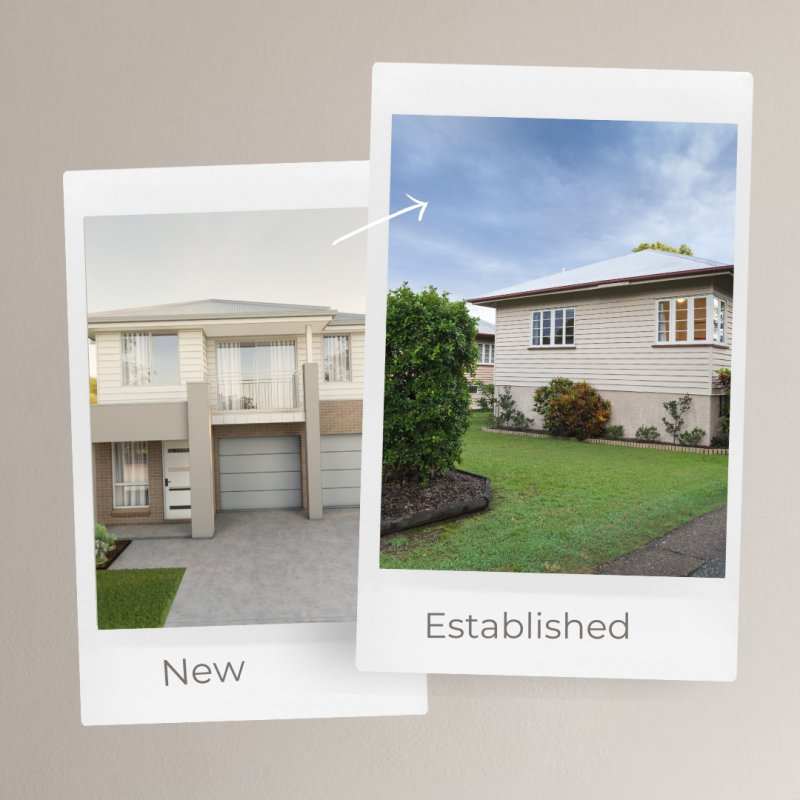Timing
Once you’ve found the established home you want, and have outbid others at the auction, you will generally be able to settle the purchase and move in earlier than if you’d bought a new home. However, good new home builders, like us, are increasingly competitive on timing. For example, we have plenty of registered land ready to go, so we can start building faster. And, we have a build time guarantee. We give customers a guarantee that we will give them a fixed price tender within 10 days, that preconstruction will never take more than 10 weeks, and that our build time will be no more than 20 weeks (26 for two-story homes).
So, for builders like Tempo, time is becoming much less of an issue for our customers. And, when you put this in the context of how long you are likely to live in your next home, time becomes less of a factor, compared to bigger drivers like getting exactly what you want.
Neighbourhoods and amenities
It’s not just birds of a feather that flock together. People tend to do the same. We are often building new homes for young families, or families that are still growing. Time and time again it turns out that their neighbours are like-minded people, at a similar stage of life. Over time these new neighbourhoods form valuable bonds and families become lifelong friends.
Buying into an established area will usually mean a greater mix of demographics. Many long-term neighbours will tend to be older or have a different family structure. Of course, that could be a good thing, but it is worth noting the contrast, and if you are considering an established area make sure you have a good understanding of who your neighbours will be.
Government incentives
There are attractive incentives to buy a new home, such as government first home buyer grants and stamp duty concessions (now called transfer duty), or even exemptions. These are subject to change from time to time and in NSW, with an election due in March this year, both sides of politics are updating their policies, so keep your eye on what the incentive mix might be when you’re ready to make a decision. It has typically been the case that these incentives favour new home buyers more.
Sustainability
New buildings throughout Australia must adhere to the National Construction Code (NCC), which mandates minimum standards for safety, health, amenity, and sustainability. The design and construction of an energy-efficient home should result in less lighting, heating, and cooling consumption. With the right solar orientation, you can save more energy and money when heating or cooling your new home.
Warranties
The short answer here is that new homes come with warranties and established homes do not.
In NSW, new homes come with a statutory warranty known as the ‘defects and liability period’. They are categorised as minor defects and major defects, and time limits apply for homeowners to commence proceedings for a breach of statutory warranty:
- Major defects – 6 years from completion of the work
- All other defects – 2 years from completion of the work
There is also a government-mandated product, the Home Building Compensation Fund, which is more commonly known as ‘home warranty insurance’. It covers the homeowner where the contracted building work is incomplete or defective and the builder either:
- Died
- Disappeared
- Became insolvent


